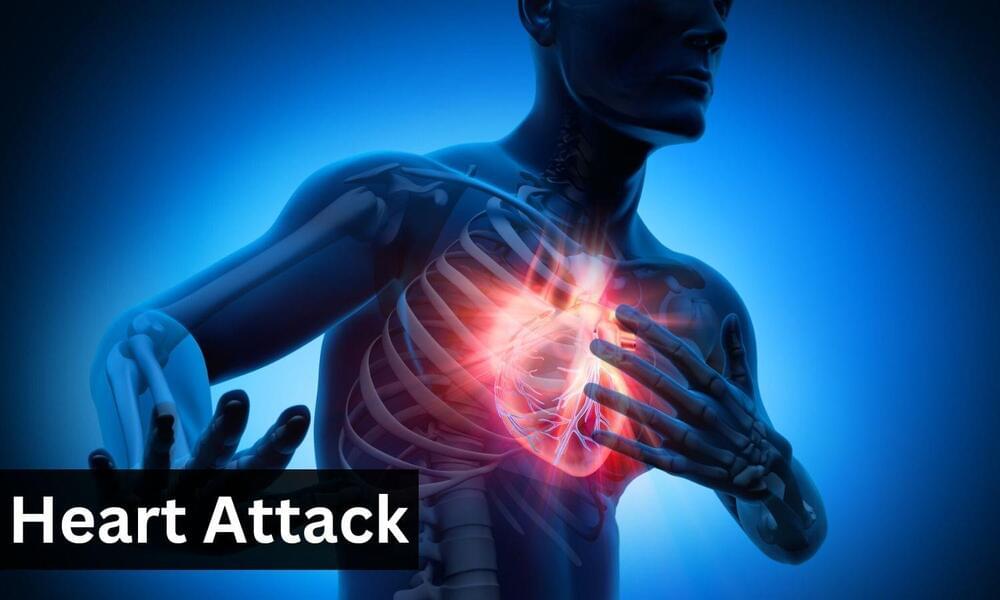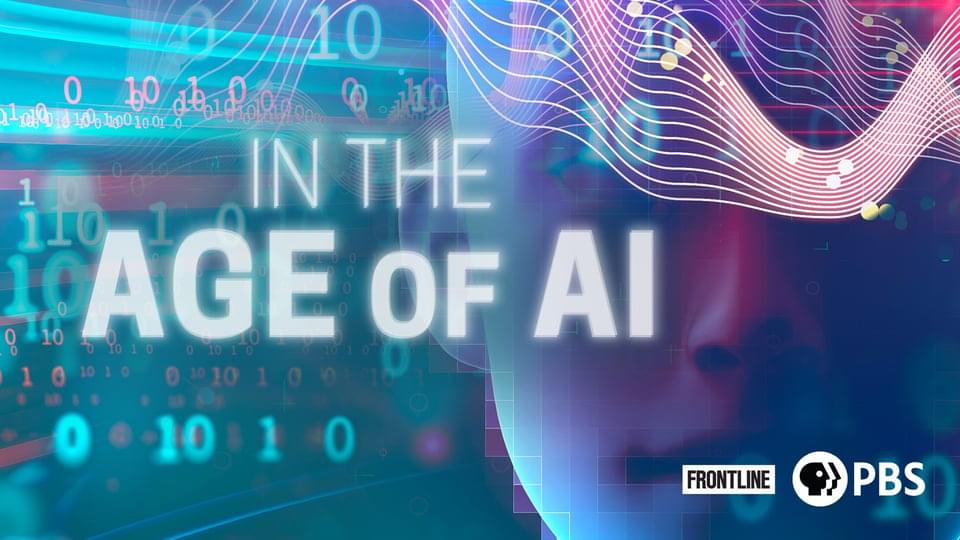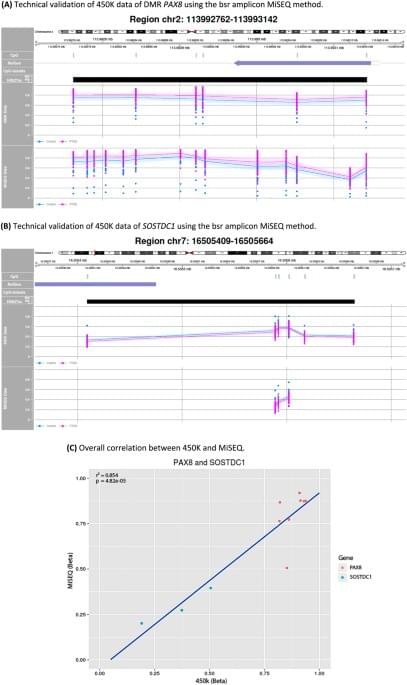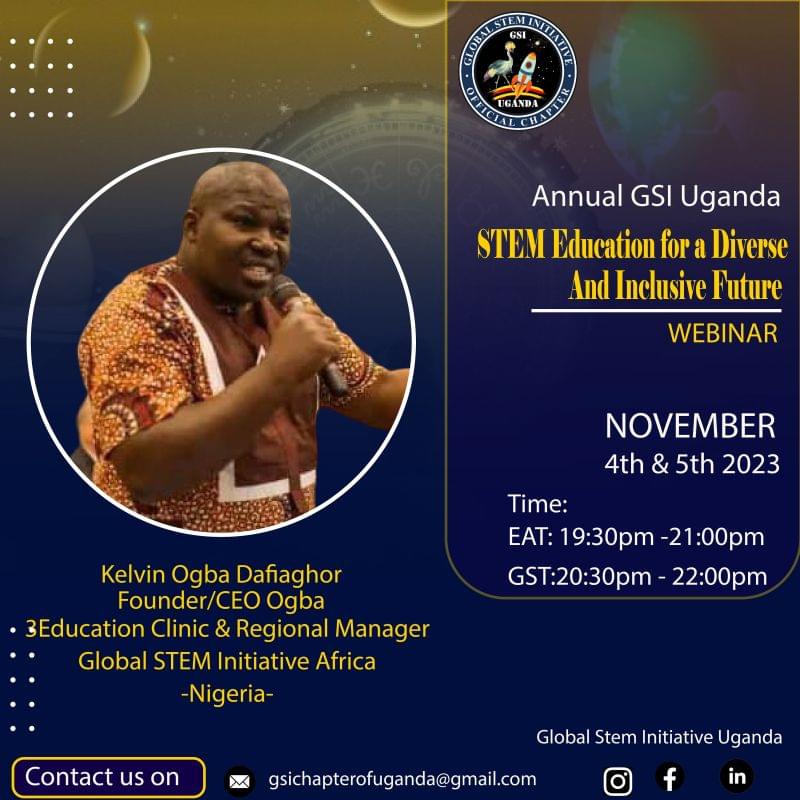USA: Timely diagnosis and treatment are critical to restore blood flow and reduce injury to the heart muscle and increase a person’s chance of recovery after a heart attack.
A recent study has revealed that technology incorporating artificial intelligence (AI) and electrocardiogram (EKG) testing for patients having a heart attack decreased the time to diagnose and send patients for treatment by almost 10 minutes. The findings from the late-breaking science study conducted in a hospital in Taiwan were presented at the American Heart Association’s Scientific Sessions 2023 held from Nov. 11–13, in Philadelphia.
“Modern AI may now be as good as expert cardiologists in diagnosing serious heart attacks,” said lead study author Chin-Sheng Lin, M.D., Ph.D., a professor, director of the Medical Technology Education Center and vice dean at the School of Medicine, at the National Defense Medical Center, in Taipei, Taiwan. “Hospitals can use AI tools more to help front-line doctors, especially those with less experience. This could lead to faster treatment and less mistakes when it comes to treating patients who are experiencing heart attacks.”









